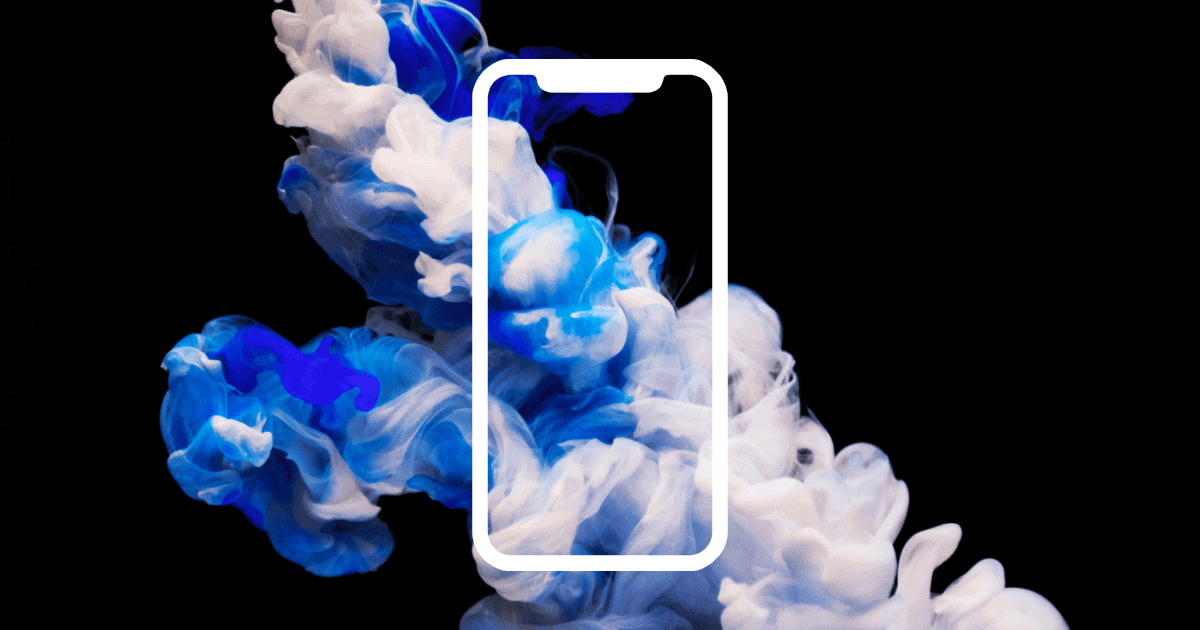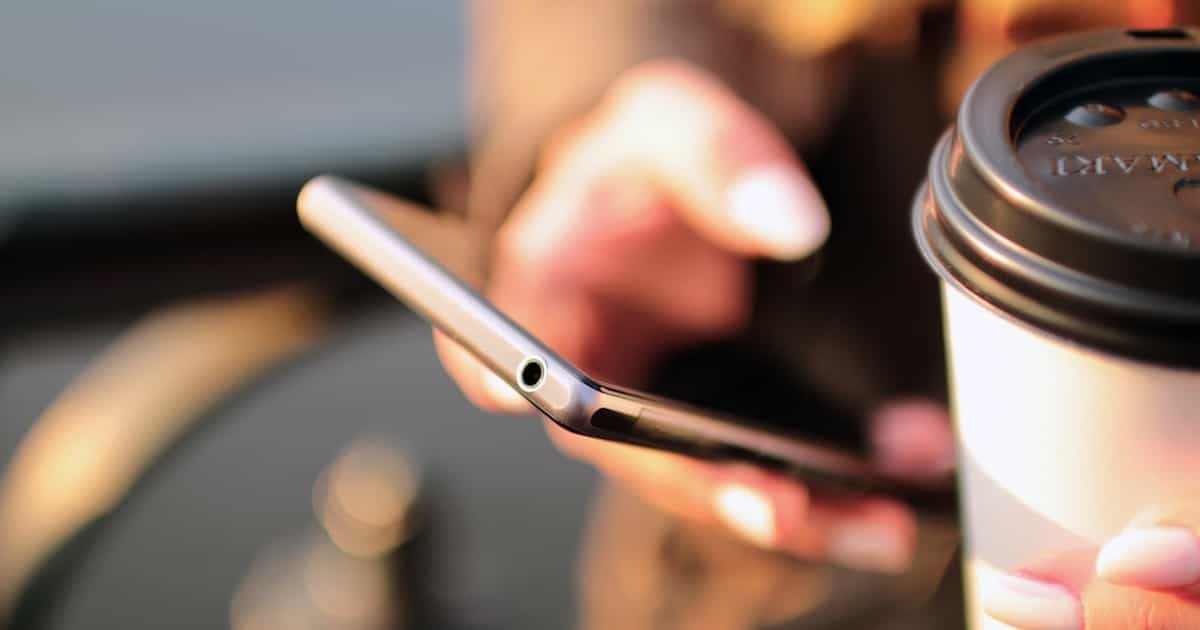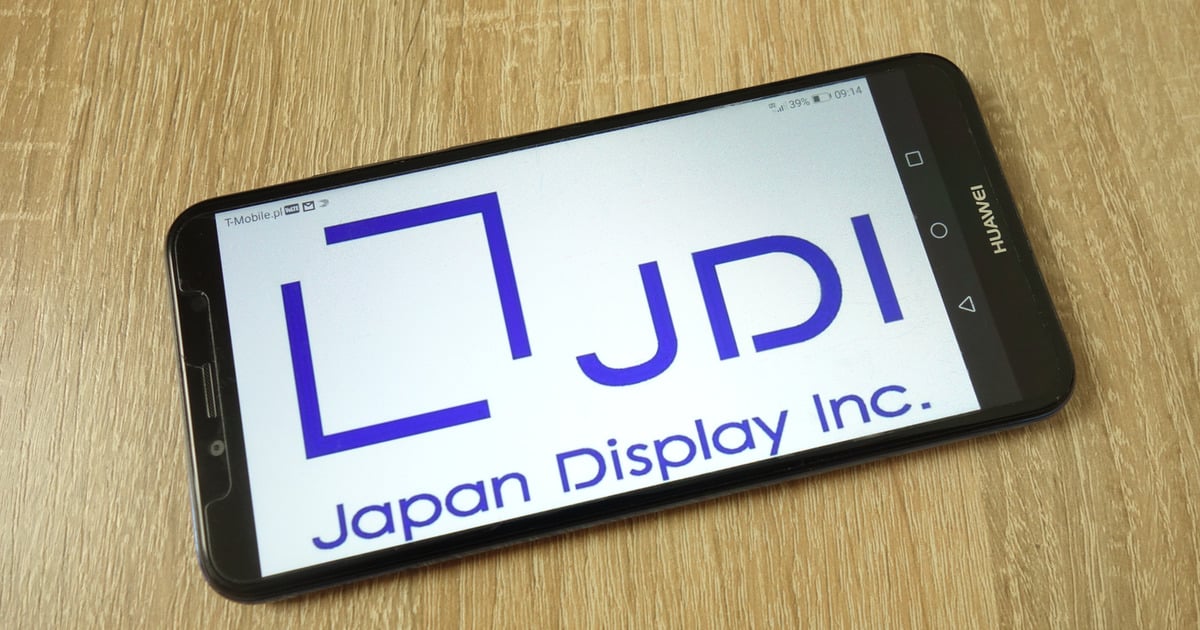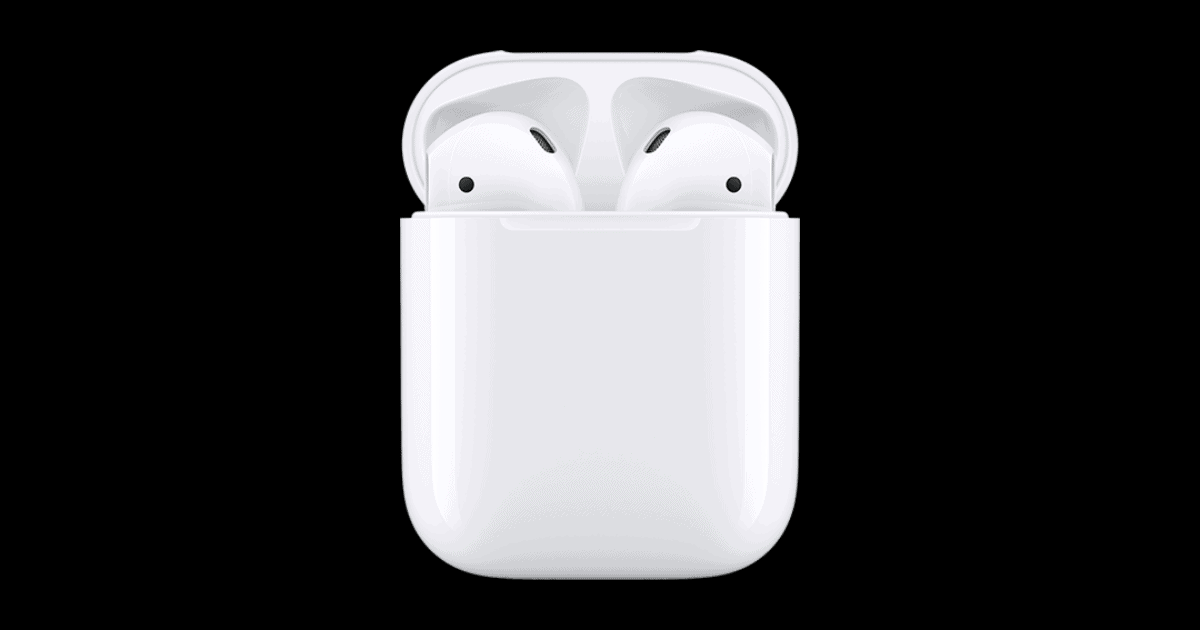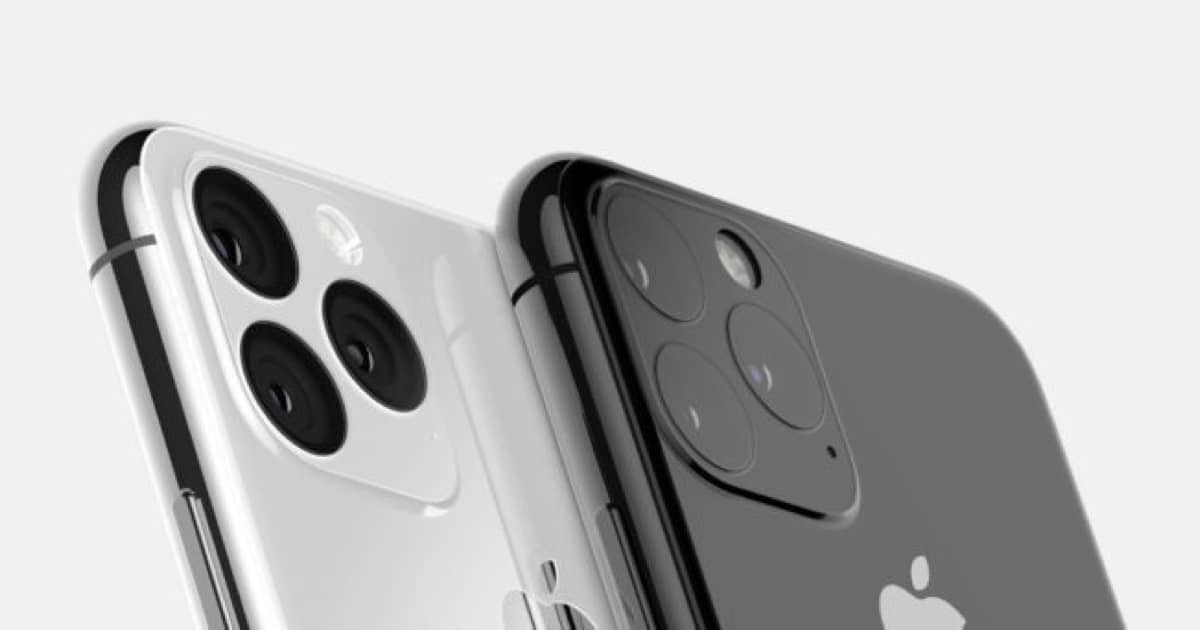Get into the holiday spirit with our iPhone 16 Pro Max giveaway! Don’t miss your chance to win a brand-new iPhone 16 Pro Max.
This New Law Could Ban Cable TV Fees
A new law that passed both the House of Representatives and the Senate could ban ISPs from charging you certain fees.
Apple Donates to Australian Fire Relief Efforts
Fires have been raging in Australia for the past two months. Tim Cook tweeted that Apple is donating money to the relief efforts.
Babbel Language Learning 1-Year Subscription (with 14 Languages): $119
This is your last chance on a 1-year subscription for Babbel Language Learning that gives you access to all 14 languages offered by Babbel. You’ll get to practice with 10-15 minute bite-sized lessons, and Babbel uses speech recognition technology to keep your pronunciation on point. And, it comes with 10,000 hours of online language education. 1 year through our deal is $119. There’s also a 2-year option available in the deal listing.
Apps To Delete, Year Of Security – TMO Daily Observations 2019-12-27
Bryan Chaffin and Andrew Orr join host Kelly Guimont to discuss apps you should remove from your devices, and making 2020 more secure.
New Year’s Resolution: Delete These Apps
As we near the end of a decade, much of the news lately is about privacy, like apps that track your location. For your 2020 resolution, consider deleting these apps.
And as we enter the third decade of the 21st century, apps are sure to become an ever-increasingly important part of our lives. Still, that means there are certain apps that you should probably cut out of your life for good—for the benefit of your finances, mental health, privacy, and time. As we kick off the 2020’s, here are the apps you should consider kicking off your smartphone.
The article mentions categories of apps, and not many individual apps. So here’s my advice: Delete apps from Facebook and Google.
Amazon Boasts Record Holiday Sales
Amazon reported a record-breaking holiday season as U.S. online sales overall hit a record high according to a new report.
YouTube Took Responsibility in 2019 - What's Next?
2019 was a big year for YouTube, as the video-sharing site faced extensive criticism. Bloomberg News looked back on a year spent taking responsibility and what lies ahead for the firm in 2020.
As 2020 begins, the largest online video service is being dragged deeper into political fights over privacy, copyright and content moderation. In response, YouTube is trying to preserve the sanctity of its status as an online platform with little liability for what happens on its site. Instead, that burden is increasingly falling on the shoulders of regulators, video creators and other partners. Nowhere is that more evident than YouTube’s approach to kids. A landmark privacy settlement this year with the Federal Trade Commission is forcing YouTube to split its massive site in two.
We Are All Tracked, All The Time
The New York Times has published a stunning report showing the full extent of how we are tracked via our smartphones. Obviously, it’s behind a paywall, but if you can get to it the piece is well worth reading.
After spending months sifting through the data, tracking the movements of people across the country and speaking with dozens of data companies, technologists, lawyers and academics who study this field, we feel the same sense of alarm. In the cities that the data file covers, it tracks people from nearly every neighborhood and block, whether they live in mobile homes in Alexandria, Va., or luxury towers in Manhattan. One search turned up more than a dozen people visiting the Playboy Mansion, some overnight. Without much effort we spotted visitors to the estates of Johnny Depp, Tiger Woods and Arnold Schwarzenegger, connecting the devices’ owners to the residences indefinitely.
The 10 Biggest Apple Stories of The Last Decade
It’s been an outstanding, dramatic, and sometimes tragic decade for Apple. iMore looked back at the biggest stories that affected the company of the last 10-years. It all started with a misplaced iPhone prototype…
It was April 2010. The rumor fervor hadn’t even gotten into full-swing, when Gizmodo revealed that it had gotten its hands on the iPhone 4 prototype. The website’s parent company, Gawker, had bought it from someone that found it at a bar for $5,000. Oh boy. What a hangover the Apple employee must have had the next day. What this unfortunate mistake that anyone of us could have made revealed is that number one; There are prototypes of as-yet-unreleased iPhones just roaming around in the wild and if you hang out at San Jose based bars, you might just see one, and number two; Apple does not like it when people leak their secrets (Apple ended up seeking damages from both the seller and Gizmodo).
How to Move Your Data to Your New Mac
If you got a new Mac for Christmas there are various ways to get all your data over to your new device so you have everything you need.
Japan Display Looking to Sell Smartphone Screen Plant to Apple And Sharp
Key Apple supplier Japan Display is in talks with Apple and Sharp to sell its main smartphone screen factory for up to $820 million.
AirPods Suppliers Want to Expand Into Vietnam
Two Chinese companies, Luxshare Precision and Goertek, are seeking funding to expand AirPods production to Vietnam.
Twitter Android Bug Matched 17M Phone Numbers to Accounts
By exploiting a bug in the Twitter Android app, security researcher Ibrahim Balic matched 17 million phone numbers to Twitter accounts.
macOS Catalina: How to Make the Cursor Bigger
Apple’s operating systems have a lot of accessibility settings, and one of them is a way to make the cursor bigger on macOS.
40 Days of Russian Darkness With iPhone Night Mode
Amos Chapple bought an iPhone 11 Pro and traveled to Russia’s Murmansk, the biggest city in the Arctic circle. From December to January the sun never rises in the city, and Mr. Chapple went there to test the iPhone Night Mode feature in a photo essay.
On the first morning I woke up in Murmansk, it really hit me what a revolution this generation of phone represents…As I walked down the corridor I remember thinking I’d just had more trouble organizing the equipment I needed to brush my teeth, than I had preparing for a 12-hour day of professional photography. No SD cards to check, no stacks of batteries to charge, no bag full of lenses… Total freedom.
These photos are gorgeous.
Christmas Aftermath, How-To Guides – TMO Daily Observations 2019-12-26
Dave Hamilton and Andrew Orr join host Kelly Guimont to discuss setting up new gear and picks for those new iPhones and iPads.
Syncwire UNBREAKcable MFi-Certified Lightning Cable: $10.99
Check out the Syncwire UNBREAKcable, an MFi-Certified Lightning cable bend-tested for 30,000 charging cycles. It features a TPE jacket exterior and tinplate-wrapped inner wires. And it’s $10.99 through our deal.
YouTube Calls Cryptocurrency Videos ‘Harmful Content’
In a crackdown called ‘The Crypto YouTube Carnage’ the company has been deleting cryptocurrency videos en masse, labeling them as “harmful or dangerous.”
As years’ worth of videos started disappearing from several crypto YouTubers’ channels, many began speculating about the giant’s motivations. Some believe that YouTube is sensing a rise of new, blockchain platforms that can compete for creators both by offering them better “job security” and a higher cut of earnings.
Happy Holidays from The Mac Observer!
It doesn’t matter if you’re into Christmas, Hanukkah, Festivus, Solstice, or any end-of-the-year holiday. The Mac Observer hopes this weekend is a wonderful time for you, and that you get to take a day or two off to relax. We’re taking (the rest of) Tuesday and Wednesday off, but we’ll be back on Thursday, December 26th, with iPhone, iPad, and Mac coverage, along with a fresh TMO Daily Observations episode, too.
What Are the Privacy Implications of iPhone 11 Ultra Wideband?
The iPhone 11 models have a new chip called U1 to enable ultra-wideband (UWB). It allows for precise location tracking. Apple says it lets these phones have “spatial awareness” so the iPhone 11 Pro can figure out its location in relation to other U1 chips. A use-case is pointing your iPhone at another iPhone so AirDrop will prioritize that device when it comes to sharing files. But what happens when retail stores can track your chip?
Essentially, the new chip is a marketer’s dream in a box. Shops already track your purchases, leading to cases like the infamous 2012 case where Target unintentionally divulged a teen’s pregnancy to her father. When a store has UWB-enabled access points, it will be easy to monitor a phone’s location indoors and track what you considered purchasing in addition to what you actually purchase.
How to Send a Last Minute Gift Through the iOS App Store
Got an unexpected guest coming to Christmas dinner? Don’t panic – you can send last-minute gifts through the iOS App Store.
Sir Jony Ive Donating £100,000 to Daily Mail Tree-Planting Campaign
Former Apple Chief Design Officer Sir Jony Ive has donated £100,000 to a campaign that will plant orchards in schools across Britain.
Track Santa's Journey Around the World
It’s that time of year ago – to follow Santa and Mrs. Claus on their journey around the world! Google’s Santa Tracker is ready and waiting for Santa to take off on his journey delivering presents around the globe. You can follow that journey as Christmas day begins.
Uber Founder Travis Kalanick Quits Company Board
Uber’s controversial founder and former CEO, Travis Kalanick is leaving the company’s board, Techcrunch reported. It appears Mr. Kalinick has sold all of the stock he had in the ride-hailing service
Kalanick, who was forced out as Uber CEO and eventually replaced by Dara Khosrowshahi through shareholder action, with support of the board, in 2017, has been in the process of selling off his considerable ownership stake in the company through successive sales of his shares. Just last week, Kalanick sold around $383 million in shares and reduced his overall stake to less than 10%, per an SEC filing. UPDATE 7:35 AM PT: In fact, it looks like Kalanick has actually sold all his remaining stock, with the SEC filings to show up on the web likely after the Christmas holiday, per the FT. The share sales started when Uber’s restriction on the sale of stock for private investors and employees expired six months after the company’s IPO.





